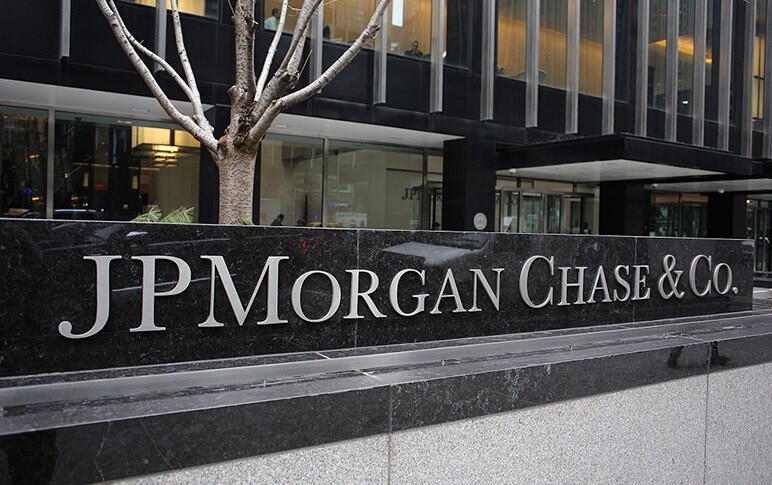JP Morgan Predicts Weaker Economy For Nigeria, Says Inflation To Hit 28%, Naira To Depreciate Further
JPMorgan Chase & Co. has projected that the Nigerian inflation rate will spike to 28 per cent by the end of 2023 and the naira will further depreciate despite the Central Bank of Nigeria’s innovations to sanitize the foreign exchange market.
JP Morgan made the disclosure in a report titled, “Nigeria: Reform pause rather than fatigue: CBN’s financial accounts open a can of worms.”
Advertisement
JP Morgan hinged its report on the impact of fuel subsidy removal, foreign exchange liquidity, and the recently published financial records of the CBN.
The CBN accounts exposed that net reserves fell to $3.7bn by the end of 2022 compared to $14bn recorded in 2021.
After the CBN floated the currency, the naira depreciated to N955 on the black market and fell to N840 after a threat to hunt speculators by the CBN. At the Investors’ and Exporters’ window, the naira fell to around N770 per dollar.
Since the petrol subsidy was removed, prices of fuel rose to N617 per litre from around N190 per litre.
Advertisement
According to JPMorgan, petrol prices have more than doubled, and the naira has depreciated by 40 per cent against the dollar in the official market.
The ripple effect of the managed float and the fuel subsidy removal has spiked inflation, which was 24.4 per cent in July.
The institution explained that July’s inflation rate is early evidence of the impact of the fiscal and FX reforms, which are likely to continue pushing headline inflation higher over the coming months.
It said that higher parallel market rates in recent weeks are likely to have an impact on August’s inflation.
JPMorgan said, “We now see headline inflation rising towards 28 per cent by year-end. Although we expect inflation momentum to start downshifting from 4Q, headline inflation will still remain elevated, particularly on higher food costs.
Advertisement
“The president’s decision to keep a cap on petrol prices is likely to provide some relief, but the exchange rate is likely to remain on a depreciating path and put further pressure on prices, with the impact more broad-based.
“The CBN has had to tighten monetary conditions by hiking the monetary policy rate (MPR) by a token 25bp last month, while narrowing the corridor around the MPR. Also, the CBN conducted its first Open Market Operation (OMO) this year while charging a cash reserving ratio (CRR) on banks that fall short of its target loan-to-deposit ratio of 65 per cent.
“Going forward, we think the CBN might focus on using other tightening tools, as opposed to raising rates via the MPR. As such, we keep our call for an unchanged MPR at 18.75 per cent for the rest of the year.”
The President Bola Tinubu-led government has inaugurated his cabinet, but JP Morgan said the pace of reform implementation is slow.
It explained that the formation of the cabinet is a positive development, particularly with some technocrats in key positions, such as the Ministry of Finance (Wale Edun), and the creation of new ministries of priority such as tourism, the digital economy, the marine economy, as well as steel development.
“While we think the government remains committed to major reforms relating to fiscal adjustments (revenue mobilisation and expenditure rationalisation), FX market reform, and oil sector revamp, the pace and momentum could slow given the significant inflationary impact on the population,” JPMOrgan said.



